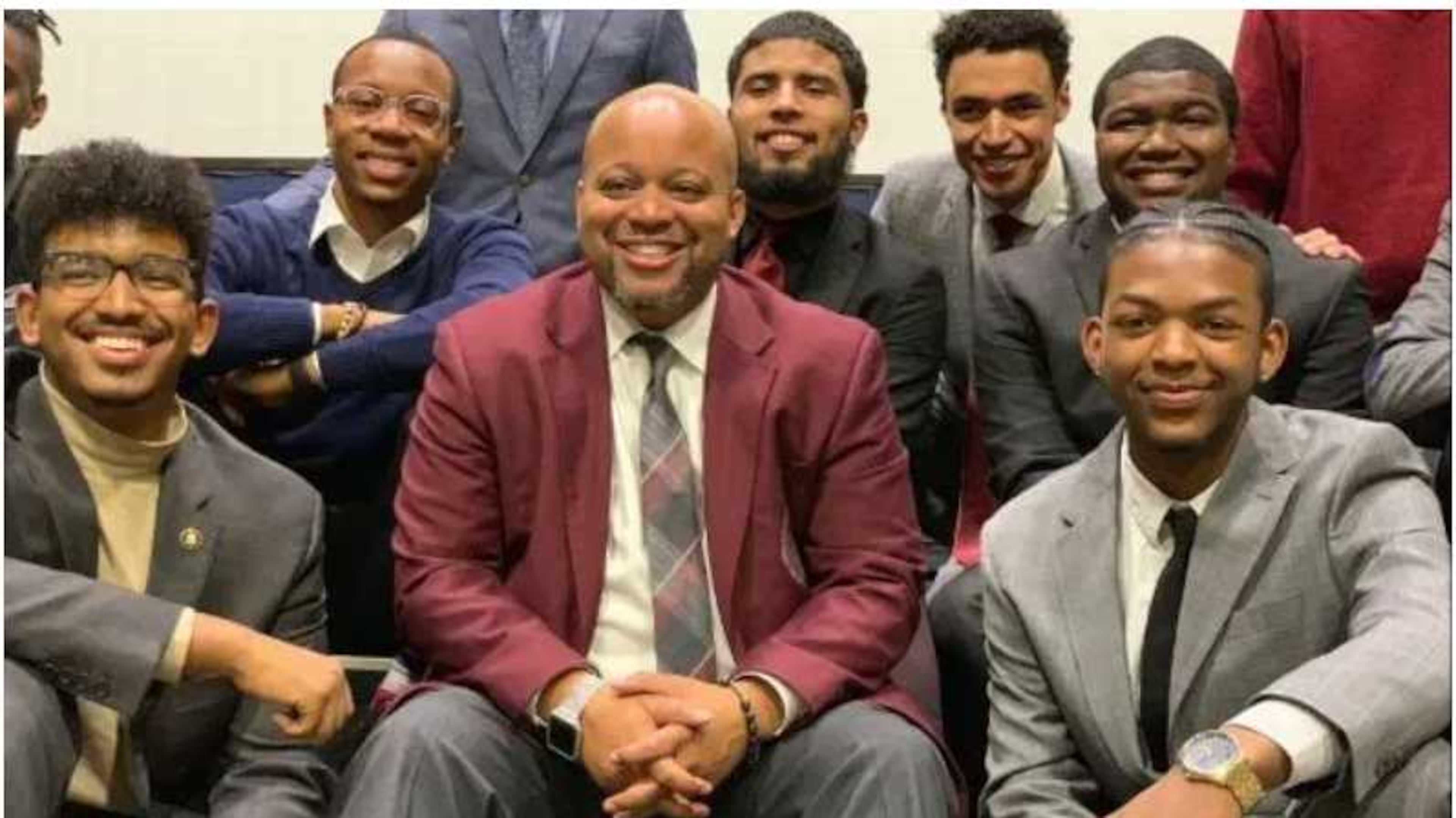Morehouse, Spelman pulled out of debate competition, citing racist taunts

The speech and debate teams of two historically Black colleges in Atlanta say they experienced and witnessed discriminatory acts by competitors during a recent tournament.
Morehouse and Spelman colleges withdrew from U.S. Universities Debating Championship, held virtually two weeks ago. Other teams dropped out and the championship was canceled.
Morehouse team members said some members of rival teams used a racist caricature of one of the Morehouse student’s voices when asking them questions, laughed and rolled their eyes at the Morehouse team and turned their cameras on during Morehouse’s speaking time, which was not allowed given the virtual format of the debate. Those claims were first reported Wednesday by The Undefeated, a news site that specializes in covering race relations, sports and historically Black colleges.
Spelman’s team released a statement shortly after the tournament. It noted they were the only Black female team in their rounds and outlined “specific transgressions” they faced, including one debater on another team who alluded to Black people as being fit for hard labor, specifically bricklaying.
The situation has sparked serious chatter on social media about the competition and discrimination.
Debate team members of both Morehouse and Spelman say more diversity is needed on other teams and in competitions.
Morehouse debate director Kenneth Newby told The Atlanta Journal-Constitution his team has encountered actions in competitions over the years only Black competitors have faced, such as other teams moving away from them or competitors clutching their purses as they entered the debate room. Spelman’s team, he said, has had judges discount their arguments, which he and others believe was racially-motivated.
Several other programs with mostly white debaters withdrew from the recent tournament in solidarity over the concerns raised by Black debaters at the two Atlanta HBCUs and at other colleges.
“I think this is a moment that could start a movement for change,” said Newby, an Atlanta-based attorney.
There are about a half-dozen debate formats used by U.S. colleges and universities. The British Parliamentary format, which originated in Liverpool, is the most popular style in the U.S. and was used at the recent championship.
About 200 teams participated. Some colleges and universities had multiple teams, but few have Black participants.
Newby was asked to moderate a discussion among all of the teams after Morehouse team members felt organizers failed to adequately address their concerns. The discussion took more than three hours, Newby recalled, with impassioned remarks from Black debaters detailing their grievances.
“The circumstances of this tournament pose the following question: If Black debaters do not feel welcomed in this debate space, how can we expect any form of social justice to occur outside of this space?,” the Spelman team wrote in its statement. “Debate may be a competition, but it is not a game. These spaces should be designed to have honest conversations about REAL issues, REAL people, and REAL outcomes.”

The debate’s organizing committee and equity team released a statement later in the week apologizing for its lack of action, The Undefeated reported. Efforts to contact the committee have been unsuccessful.
Justin Morgan-Parmett, head coach of the University of Vermont’s team, said the concerns described by Black debaters were unsettling. He said other teams have discussed creating an organizing body that can better address discrimination complaints, and the need for more social justice topics added to debates.
“I hope that this is a bit of a reckoning,” he said. “There is real change that needs to happen and we will do a better job of creating that change.”
Morehouse’s debate team began more than a century ago, gaining national and international acclaim for its performance in competitions. The Rev. Martin Luther King Jr. was a member during his time as an undergraduate student at Morehouse.
Newby thought this year’s team, which won a recent competition, was his best. The students, though, felt what they encountered was unacceptable and decided to withdraw.
“For me there was no choice,” Newby said. “My response was ‘I support you completely.’”
Morehouse College Debate Statement by Janel Davis on Scribd


